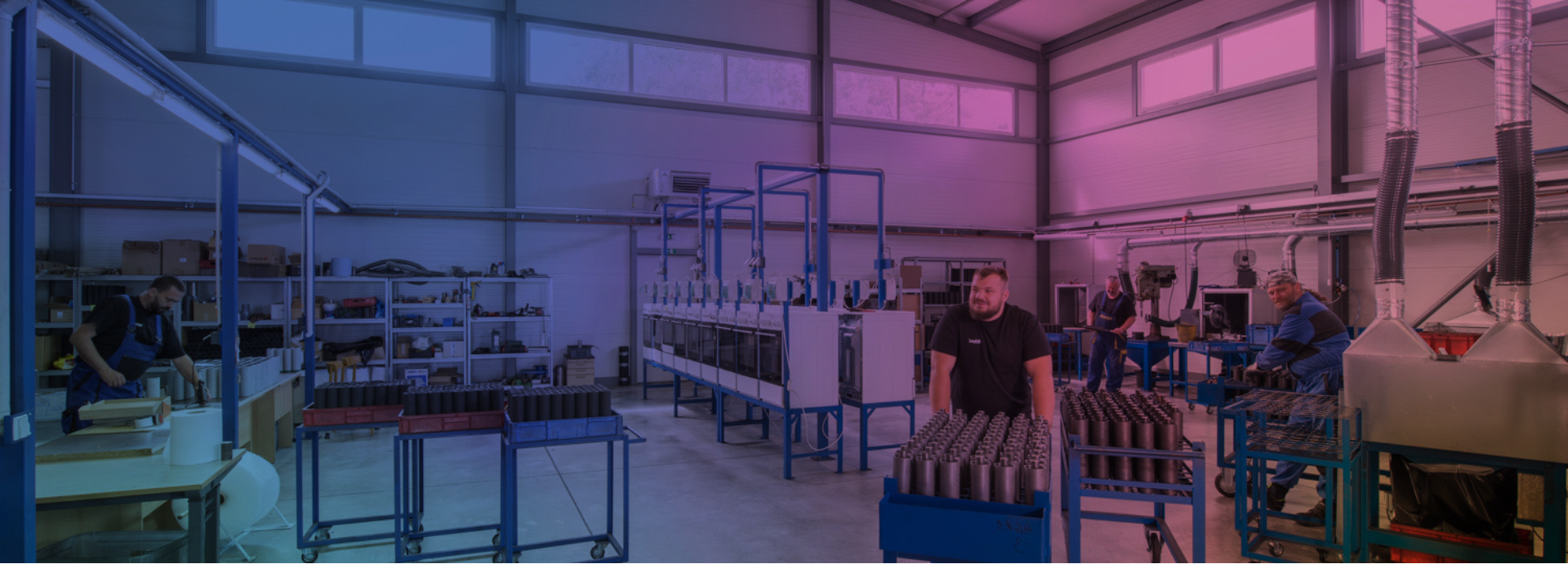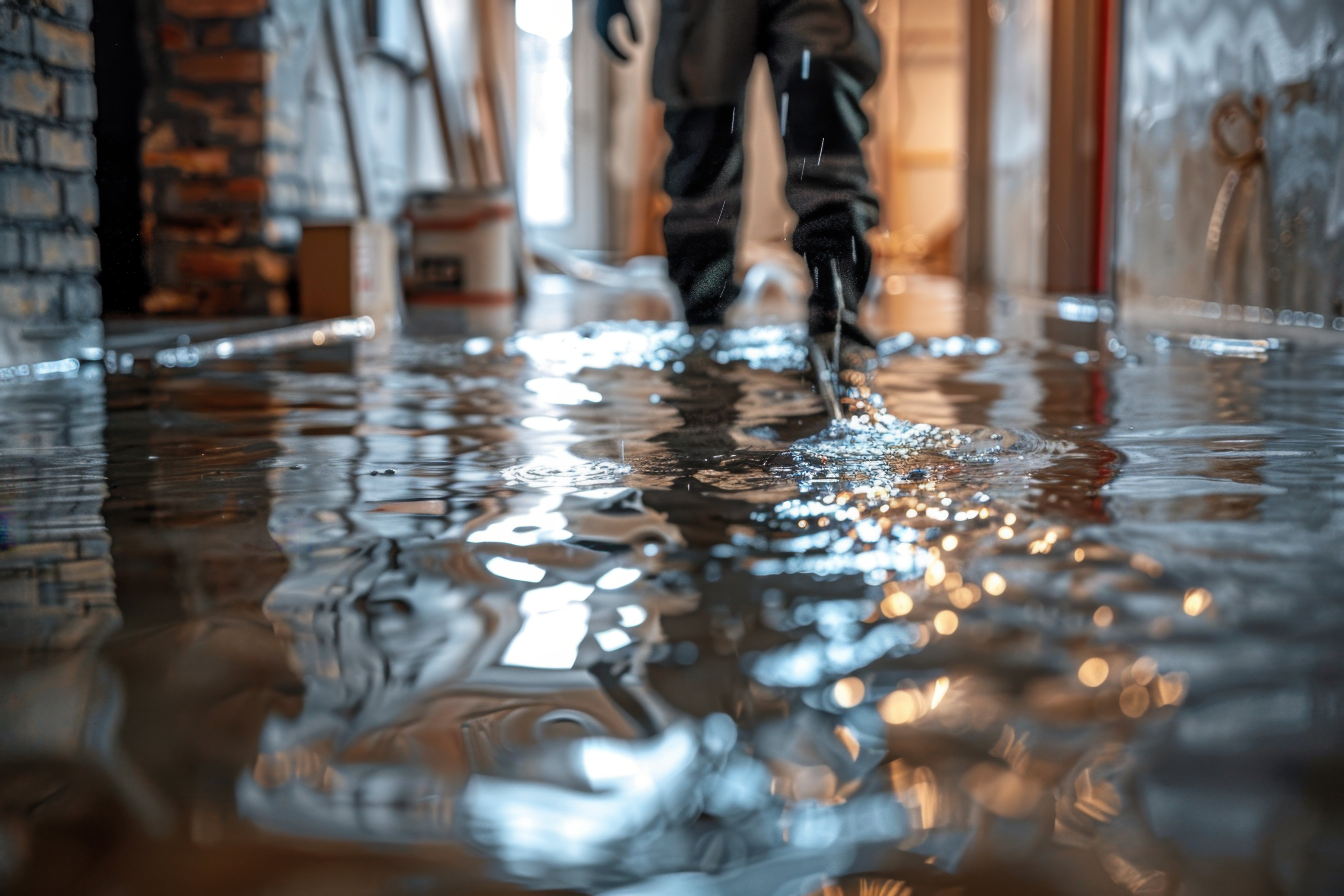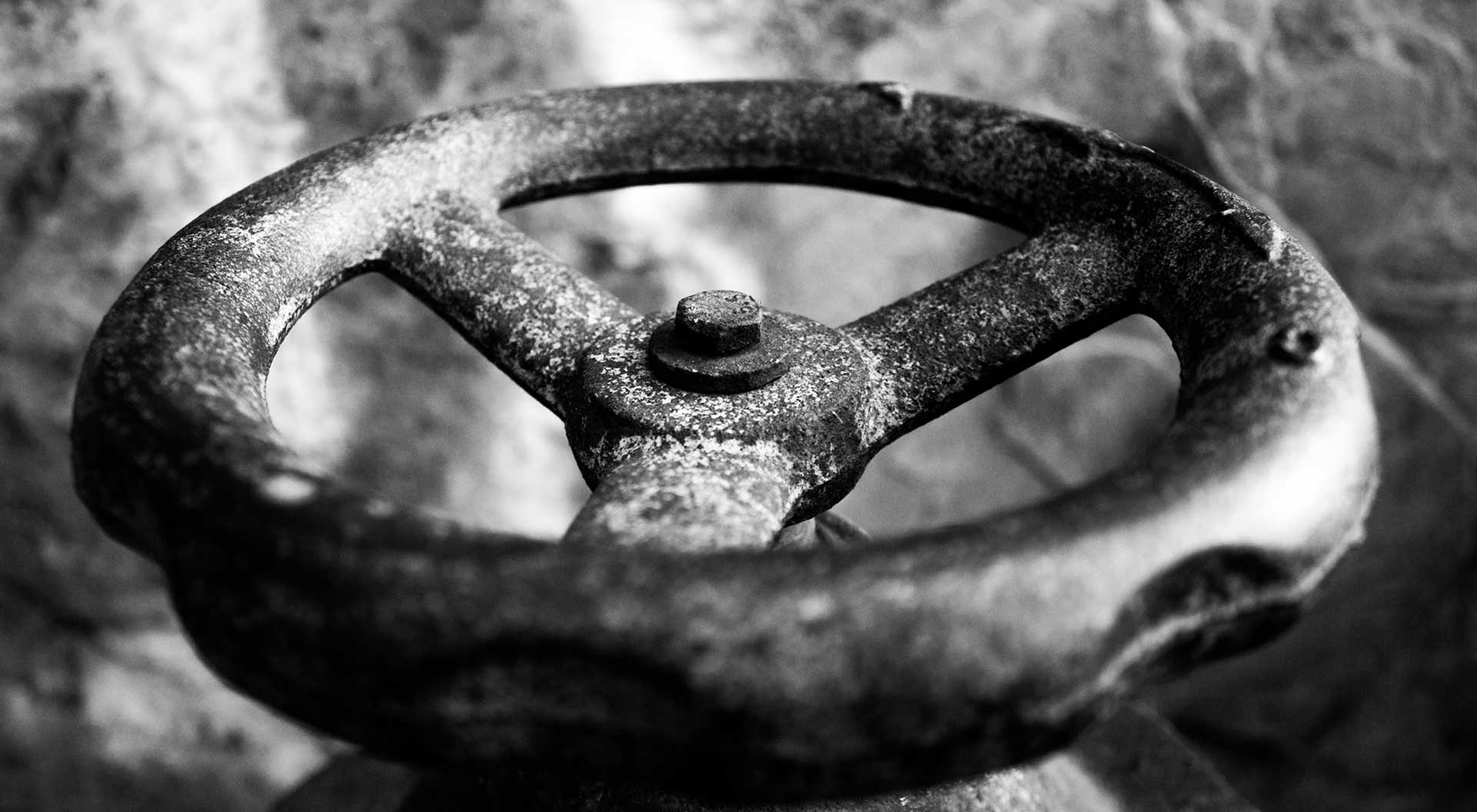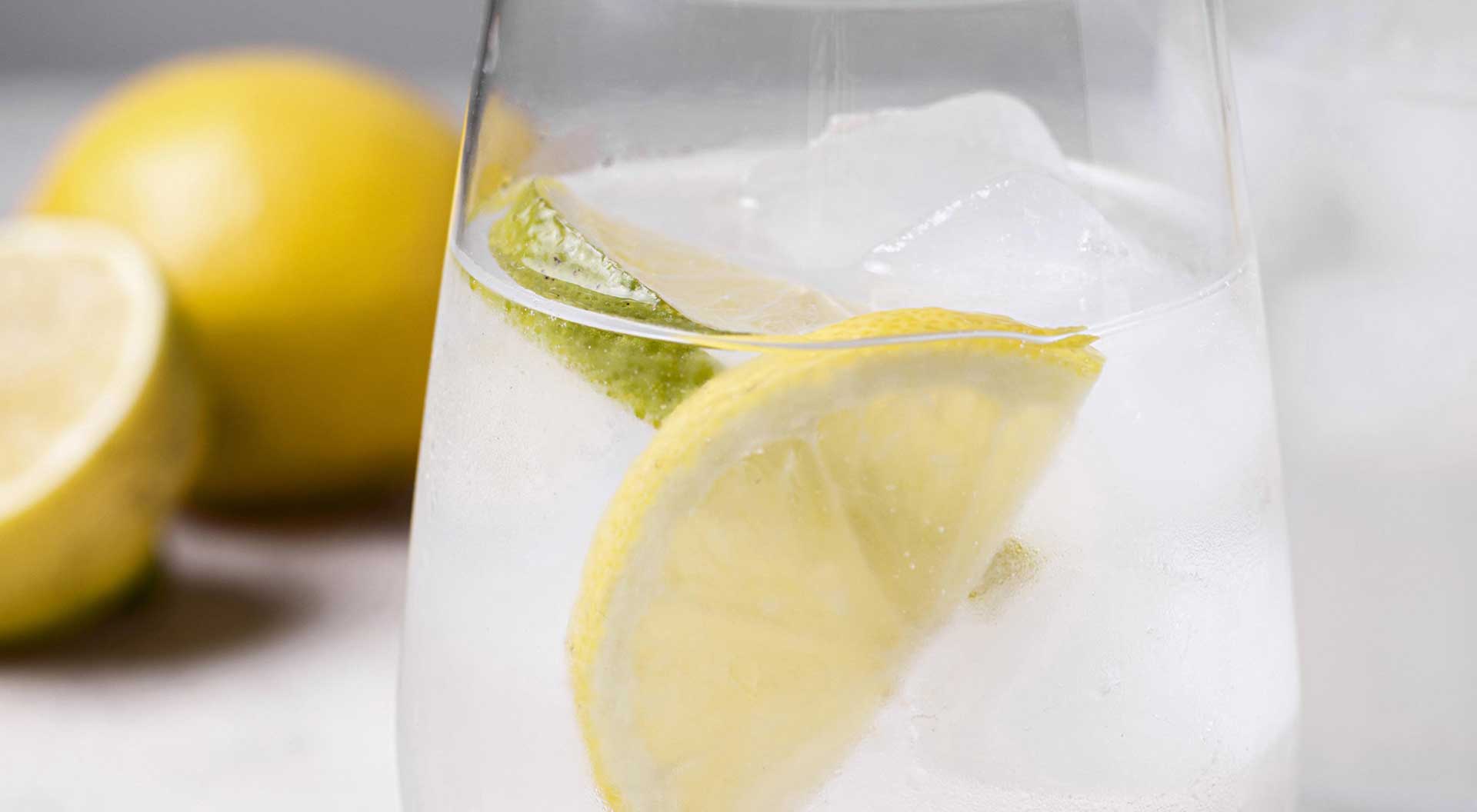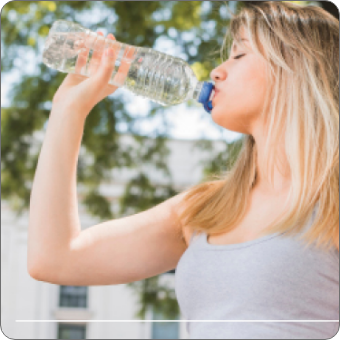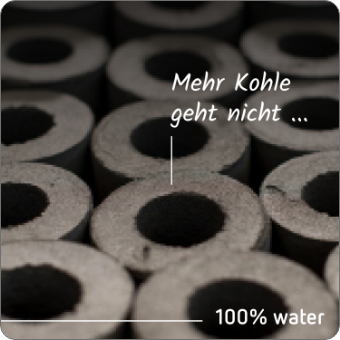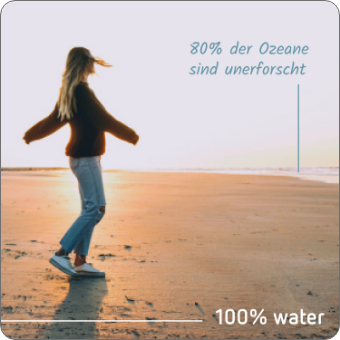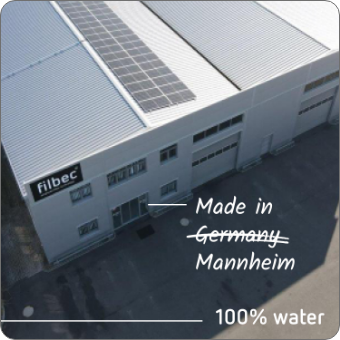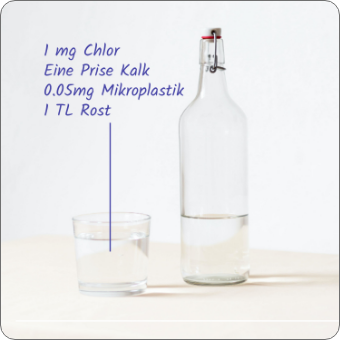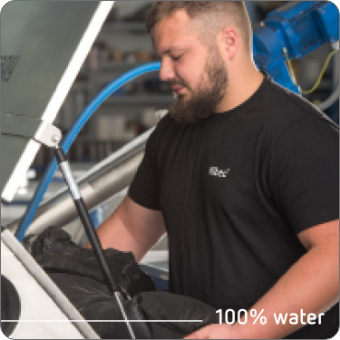filbec filters it out. Safe.
Tap water is strictly controlled in Germany. It is therefore also recommended as drinking water. And yet it is not free of harmful substances, some of which can have serious health effects.
Did you know, for example, that hormones are found in almost every water sample? That pesticides can make the water toxic? And that heavy metals are not uncommon in drinking water?
How good that filbec exists. The revolutionary filter that is simply screwed onto your water pipe in 15 minutes DIY. Its nanocarbon technology filters out everything. For 100% pure, delicious water. For your health.






















